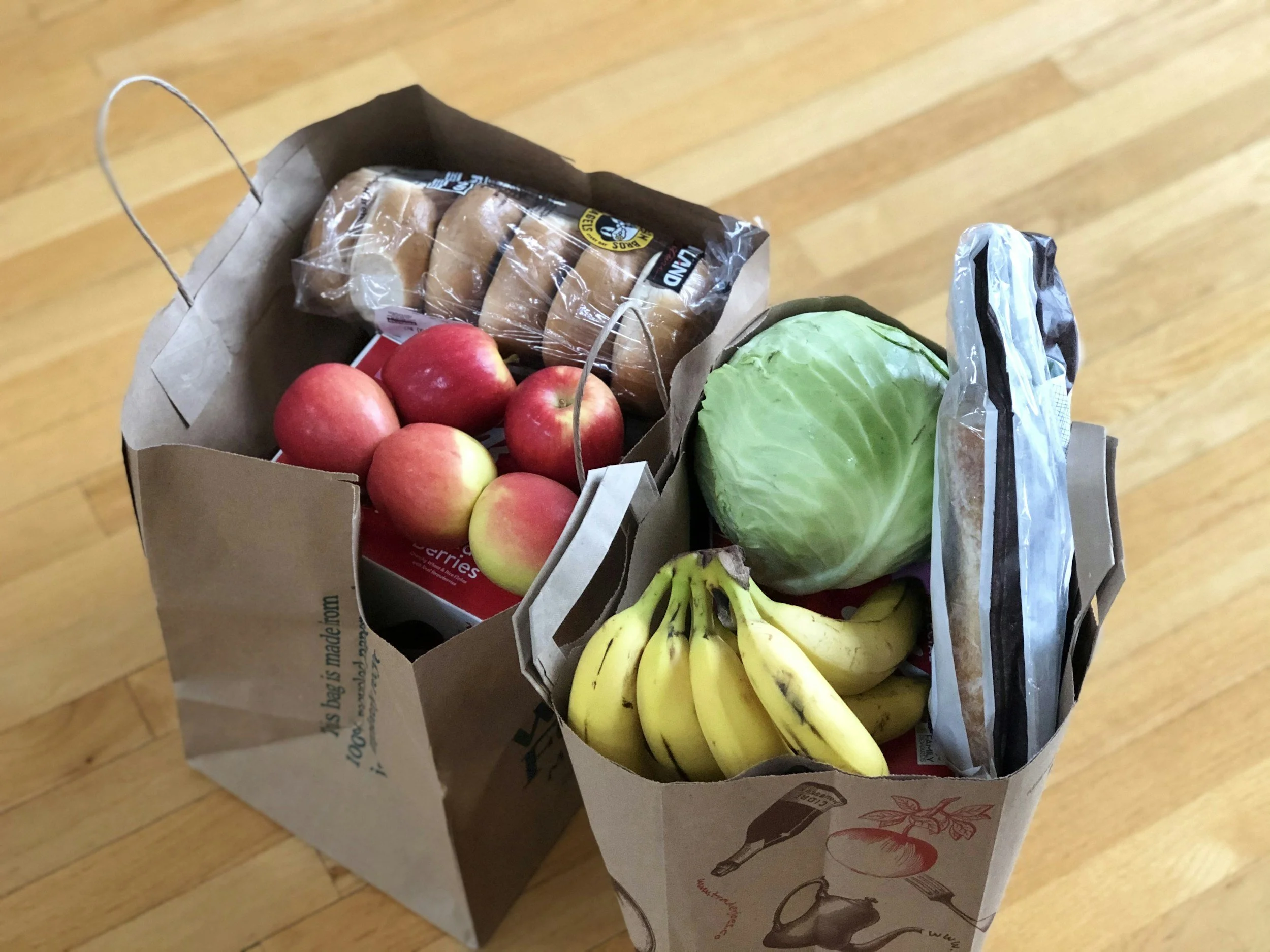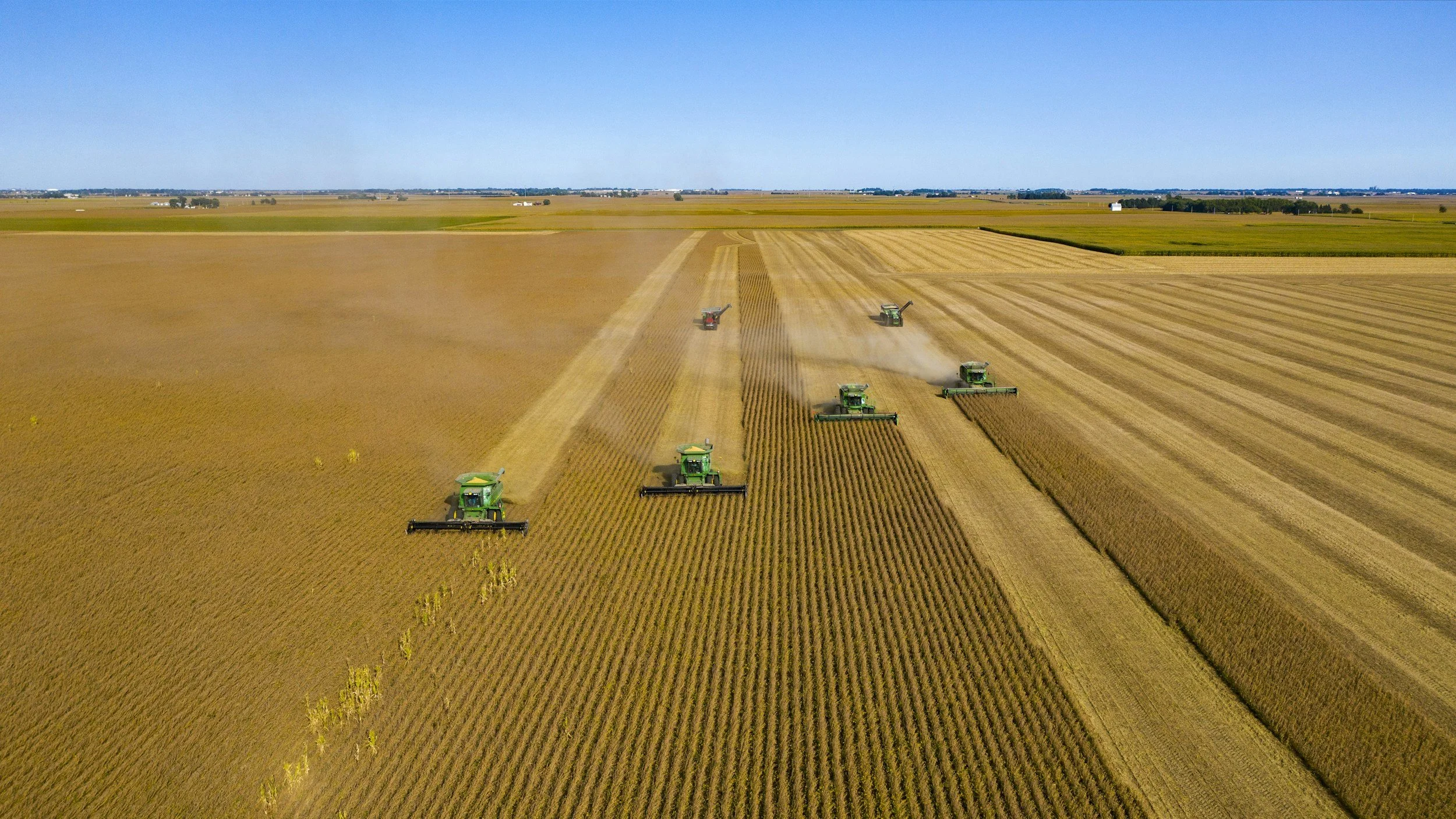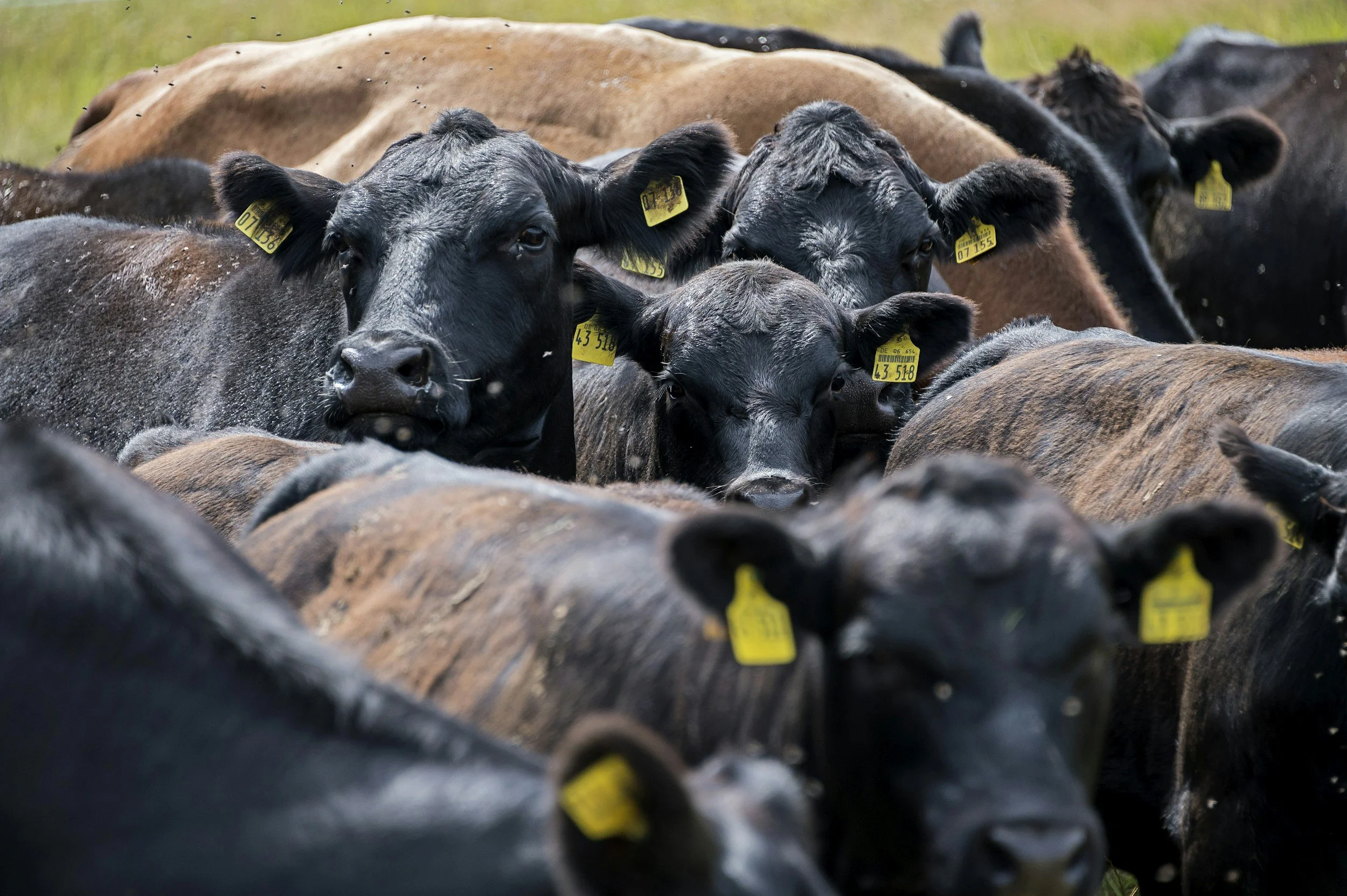About
The Open Markets Fair Food & Farming Systems program develops and advocates for policies that promote more resilient and environmentally sustainable food systems for the benefit of farmers, food chain workers, and consumers. The program aims to accomplish these goals by studying and exposing the pervasive corporate power and economic concentration throughout the food system.
Fewer and fewer dominant corporations control nearly every step along the food supply chain, from seeds to processing and grocery stores. Such consolidated power pushes farmers off the land, endangers food workers and suppresses their wages, harms animals and the environment, and sickens eaters. Big Food corporations translate their economic power into political influence to write the rules in their favor, further entrenching an abusive food system that serves no one other than corporate shareholders.
Open Markets believes that market regulation plays a critical role in balancing power in food markets and in leveling the playing field for a greater diversity of food businesses to flourish. The Food & Agriculture program has led the way revealing rigged food markets and corporate abuses through its biweekly Food & Power newsletter. The program has also outlined policy proposals to create fairer food markets, including structural antitrust enforcement, reforms to the Packers & Stockyards Act, bans on predatory pricing and exclusive dealing, and many more.
Publications
Food systems program manager Claire Kelloway explores how the recent rise in egg prices is driven not just by factors like bird flu, but also by corporate greedflation and the price of conventional eggs is affected due to both the bird flu and potential corporate collusion manipulating the market.
Open Markets submitted a letter advocating for the Consumer Grocery Pricing Fairness Act to level the playing field for independent grocers by curbing discriminatory pricing practices from large retailers like Walmart and Amazon.
Food systems program manager Claire Kelloway emphasizes the need for regional supply chains, sustainable farming, and fair labor to achieve greater self-sufficiency in food production.
Food systems program manager Claire Kelloway is quoted advocating for stronger antitrust enforcement and the Packers and Stockyards Act to curb corporate consolidation in the meat industry.
Open Markets Institute food program manager Claire Kelloway comments on the USDA’s finalized rule against deceptive poultry payment tactics and withdrew a proposed rule easing access to justice for unfair treatment by meatpackers.
The Open Markets Institute submitted a letter to the USDA led by food systems program manager, Claire Kelloway, urging stronger actions to ensure fair, transparent, and competitive cattle pricing, addressing concerns about market consolidation and the impact on ranchers' compensation.
Food program manager Claire Kelloway argues that the US needs a true opponent of corporate greed, rather than someone like Robert F. Kennedy Jr., whose stance is entangled with conspiracy theories.
In response to a federal judge in Oregon granting the FTC’s request for a preliminary injunction against Kroger’s takeover of Albertsons and a state judge siding with the Washington Attorney General’s suit to block the deal, the Open Market Institute's Food Systems Program Manager Claire Kelloway issued a statement.
Food program manager Claire Kellaway argues that enforcing antitrust laws and the Packers and Stockyards Act is key to combating food industry consolidation.
In this issue, Open Markets policy counsel Tara Pincock — who helped write the original lawsuit against Google — discusses a potential breakup.











